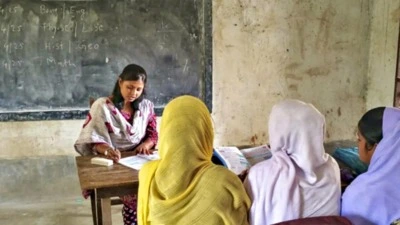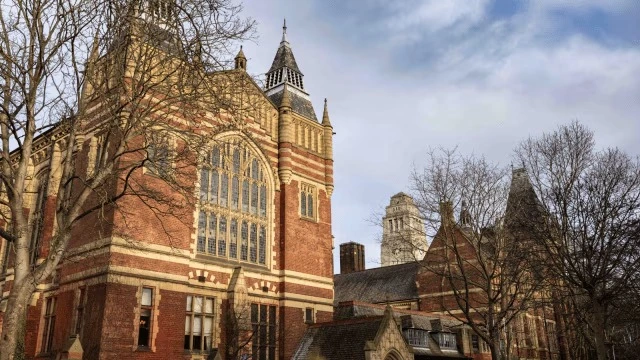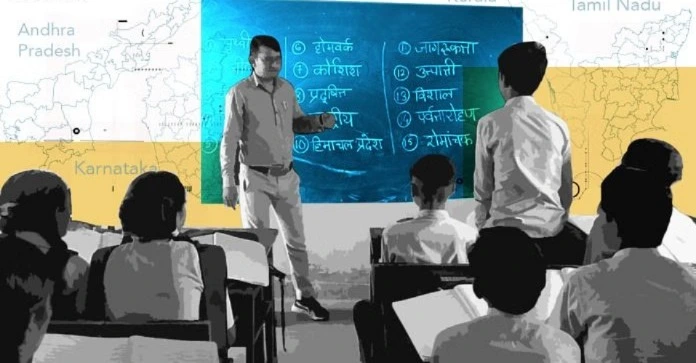The Collapse of US Higher Education Accelerates Amid Crises, Budget Cuts, and Political Tensions
The American higher education system is facing an unprecedented collapse, with warnings that the model that has existed since the 1960s may soon be unrecognizable. The combination of budget cuts, cultural conflicts, declining enrolment, and political crackdowns is pushing universities toward the brink. College enrolments peaked in 2010 but have fallen sharply since, worsened by the COVID-19 pandemic and the escalating costs of education. Recent political actions — from suppressing campus protests to the targeting of diversity programs — have compounded the crisis. The situation is so dire that the Federal Reserve Bank of Philadelphia predicts as many as 80 colleges could close permanently by the 2025-26 academic year. Sonoma State University is one of the latest institutions under strain, facing a $24 million budget deficit and proposing the elimination of 22 majors and more than 100 faculty positions. Similarly, West Virginia University, after years of declining enrolment, slashed nearly a fifth of its majors and significantly reduced faculty in 2023. Beyond individual campuses, national trends show a significant decline in male enrolment, further destabilizing the system. Meanwhile, closures and mergers have affected at least 76 colleges since 2016, impacting tens of thousands of students and faculty. International students, a vital revenue source, are also at risk. With the Trump administration resuming hardline policies, including visa revocations and deportations, enrolment from regions like the Middle East, South Asia, and China is expected to drop sharply. The American higher education model stands at a tipping point, facing demographic, political, and financial pressures unlike anything seen in modern history. Source: Al Jazeera










